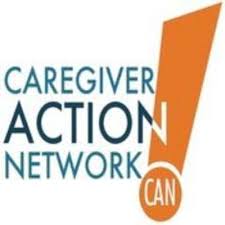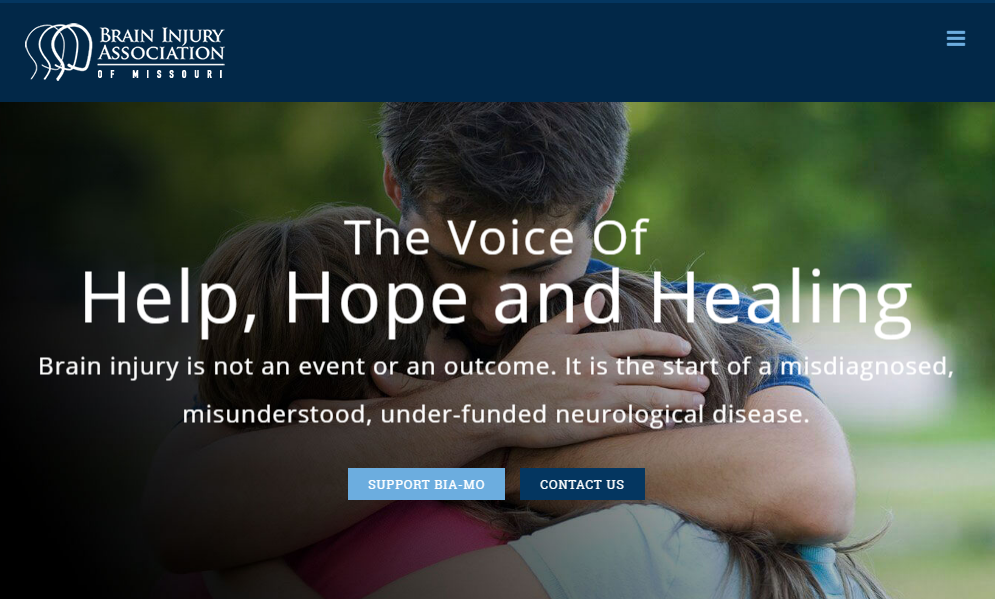REV UP The Disability Vote!
By Guest Blogger Zach Baldwin, director of outreach, American Association of People with Disabilities (AAPD)
As people with disabilities, we want to live independent lives and contribute our talent and energy to the future success of our great nation.
The 56 million Americans with disabilities make remarkable and valuable contributions to our communities. However, despite these contributions and despite our numbers, Americans with disabilities continue to face discrimination in many arenas, including employment, housing, transportation, health care, and education.
In 2016, there are 35.7 million people with disabilities who are eligible to vote. That number increases to 62.7 million when we count everyone living in households with individuals who have disabilities (Rutgers University). We have a responsibility to vote to support our interests, and we have the power to do so.
The REV UP Campaign aims to increase the political power of the disability community while also engaging candidates and the media on disability issues. REV UP stands for Register! Educate! Vote! Use your Power!
Earlier this year, the American Association of People with Disabilities (AAPD) and the National Council on Independent Living (NCIL) developed the REV UP Presidential Candidate Questionnaire and sent it to all the candidates for president. To date, Hillary Clinton and Donald Trump have responded to share more details on how they would address issues that are important to the disability community.
After receiving a response from the top two presidential candidates, AAPD compiled the REV UP Presidential Candidate Questionnaire - Hillary Clinton vs Donald Trump. This resource provides the candidates’ responses to each question side-by-side to make it easier for readers to compare what each candidate said they would do (or not do).
To accommodate people with various types of disabilities, we have posted the full, unedited answers from each candidate along with “main points” for each response to make the language used more accessible. This accommodation does not and should not be interpreted to (a) favor one candidate over another; (b) oppose a candidate in some manner; or (c) have the effect of favoring a candidate or group of candidates.
With less than two weeks until Election Day, now is a critical time to ensure that all voters have access to resources in order to make an informed decision at the polls.
It is our hope that this questionnaire provides the disability community with useful information on how Hillary Clinton and Donald Trump would address issues that impact our lives.
When the disability community turns out in large numbers to vote in the 2016 election—we will send a strong signal to elected officials, candidates, and the rest of the country, that we are indeed a significant part of the electorate and that we expect candidates to address issues important to us if they want to receive our vote.
The American Association of People with Disabilities (AAPD) is a convener, connector, and catalyst for change, increasing the political and economic power of people with disabilities.
Allsup
Related Articles

Uncategorized
Helping Family Caregivers With What They Need to Know

Uncategorized
Understanding MS and Disability Benefits

Uncategorized
BIA-MO Gets Real about Brain Injury Awareness

